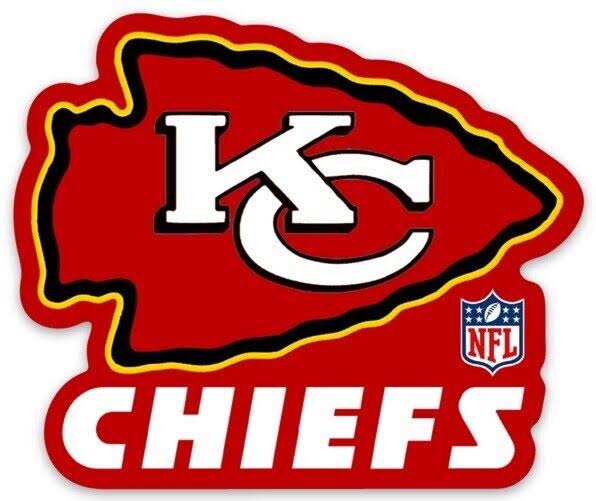
The Texas Rangers head coach, Chris Woodward, recently announced his departure from the team. This decision, made public in a press conference, comes as a significant shift for the Rangers, who have been navigating a period of transition and development. The departure of Woodward has sparked discussions among fans, analysts, and the baseball community about the reasons behind his exit and the future direction of the team.
Background on Chris Woodward
Chris Woodward was appointed as the head coach of the Texas Rangers in December 2018. His tenure began during a challenging period for the team, which was in the midst of a rebuild following a series of underwhelming seasons. Woodward, a former Major League Baseball player, brought a wealth of experience to the role, having served as a coach with the Los Angeles Dodgers prior to joining the Rangers. His hiring was seen as a strategic move to inject new energy and a modern approach into the Rangers’ organization.

During his time with the Rangers, Woodward was known for his emphasis on analytical approaches to the game, a hallmark of many contemporary baseball teams. He worked to instill a culture of development and adaptability, focusing on the growth of young talent and the integration of advanced statistics into the team’s strategy. Despite his efforts, the team’s performance has been inconsistent, with the Rangers often struggling to achieve a competitive edge in the American League West.
Reasons for Departure
The reasons behind Woodward’s departure are multifaceted, involving both on-field performance and internal dynamics within the organization.
1. **Performance Issues**: The Rangers have faced several challenges over the past few seasons, including subpar performance and difficulty in maintaining consistency. Despite Woodward’s efforts to build a competitive team, the Rangers’ win-loss record has not met expectations. The team’s struggles to secure a playoff berth and contend in the AL West have led to increased scrutiny of the coaching staff and their strategies.
2. **Internal Dynamics**: It’s not uncommon for teams undergoing rebuilding phases to reassess their leadership structures. Changes in front office leadership, shifts in organizational priorities, and evolving expectations can all contribute to coaching changes. In this case, there have been speculations that differences in vision between Woodward and the Rangers’ management may have played a role in the decision. Woodward’s emphasis on a long-term developmental approach may have clashed with the immediate performance goals set by the team’s executives.
3. **Team Culture and Chemistry**: The relationship between a head coach and the players is crucial for a team’s success. Issues related to team chemistry, communication, and player development can impact a coach’s tenure. While Woodward worked to foster a positive environment and support player growth, there were occasional reports of friction between him and some players, which could have influenced the decision for a change.
4. **External Factors**: The broader landscape of Major League Baseball also plays a role. The Rangers, like many teams, are influenced by trends, innovations, and pressures from the league. Adapting to these changes while balancing internal expectations can be challenging, and sometimes a coaching change is seen as a way to realign with evolving strategies and trends.
### Impact and Future Prospects
Woodward’s departure marks a pivotal moment for the Texas Rangers. The team will need to navigate the transition period and search for a new head coach who aligns with their goals and vision. The new coach will be tasked with continuing the development of the Rangers’ young talent and leading the team towards a more competitive position in the league.
1. **Coaching Search**: The Rangers’ front office will likely conduct a thorough search for a new head coach. This process will involve evaluating candidates who can bring a fresh perspective, align with the team’s strategic goals, and build strong relationships with players. The search will also reflect the organization’s priorities, whether that be a focus on immediate success or continued development.
2. **Team Rebuilding**: The Rangers’ rebuilding phase is ongoing, and the new head coach will need to work within this framework. Developing young players, integrating new talent, and improving the team’s performance will be key responsibilities. The new coach’s ability to balance these aspects while driving the team towards better results will be crucial for the Rangers’ future success.
3. **Fan and Media Reactions**: The departure of a head coach often generates significant reactions from fans and media. There will be a range of opinions on Woodward’s tenure, reflecting both his accomplishments and the areas where the team fell short. The new coach will need to address these reactions and work to rebuild support and confidence among fans and stakeholders.
Chris Woodward’s departure from the Texas Rangers represents a significant change for the organization. While his time with the team was marked by efforts to instill a modern and analytical approach, the Rangers’ performance and internal dynamics have led to this decision. As the team moves forward, the search for a new head coach will be a critical step in shaping the future direction of the franchise. The Rangers’ ability to navigate this transition effectively and build on their rebuilding efforts will be key to their long-term success in Major League Baseball.
Leave a Reply